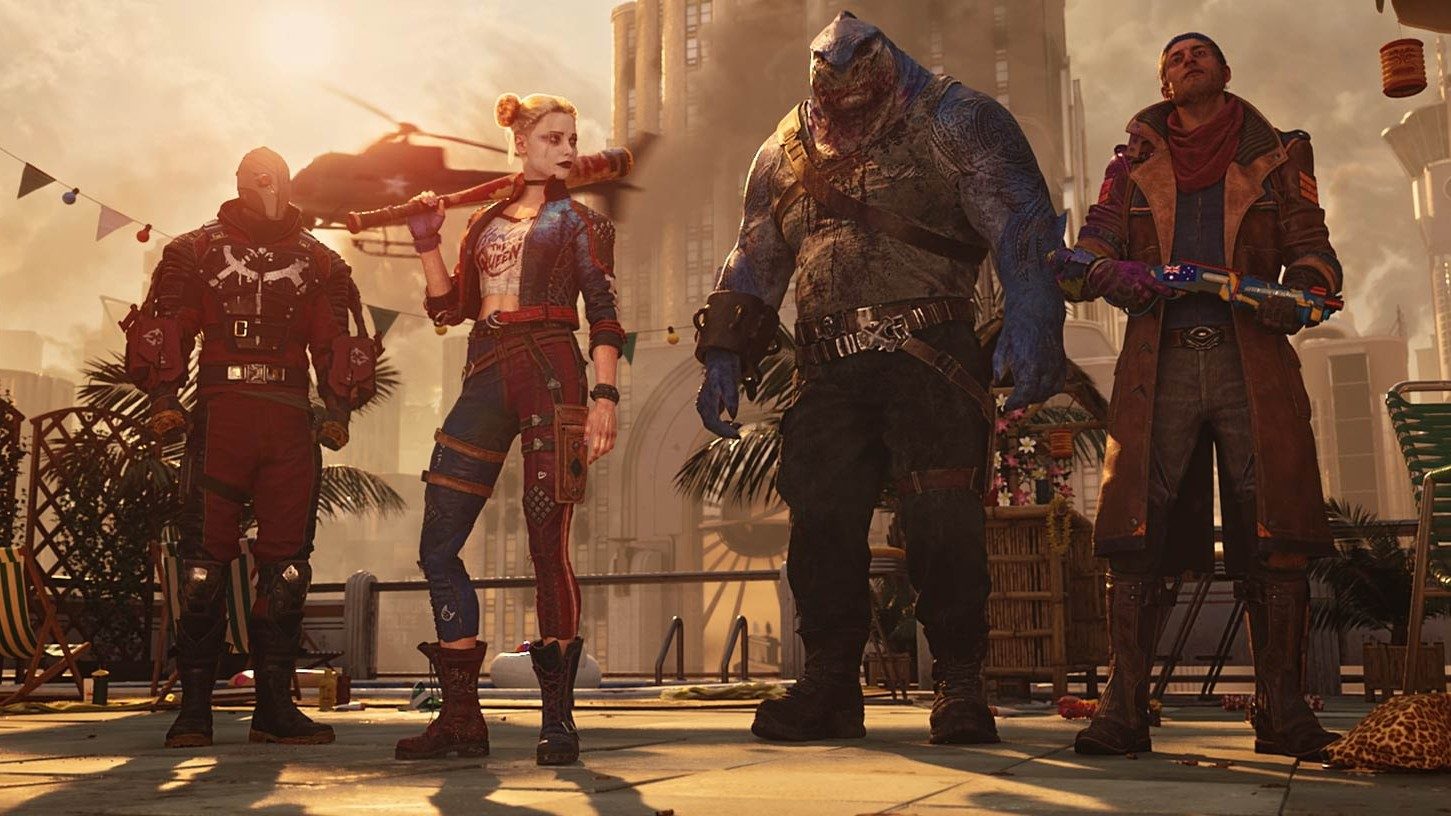SUMMARY
This is AI generated summarization, which may have errors. For context, always refer to the full article.

Disclosure: Warner Bros. Games provided a copy of the game. The game was reviewed on the PS5.
There’s perhaps no better way to put it: Suicide Squad: Kill the Justice League feels like a big missed opportunity. Instead of it being a story-driven, single-player experience, which developer Rocksteady of Batman: Arkham fame is brilliant at, it’s a lifeless live service, multiplayer looter-shooter with fundamental flaws.
It’s such a shame the game chose to go that route since there are elements that are worth some praise, including the exhilarating combat and the high-production presentation.
Whereas many were skeptical, I admittedly was optimistic, and even excited to play Suicide Squad leading up to its launch. I thought that on paper, the game had plenty of promise: an action-shooter where you play as members of the titular squad of anti-heroes, tasked to kill the Justice League, who have been possessed by Brainiac.

I also held out hope that after an extended development cycle and multiple delays, the game could perhaps shake up the live service genre and win over gamers like me who prefer single-player experiences.
But, alas, after playing about four hours of the game so far, that initial optimism turned into disappointment. While I don’t hate the game – far from it, actually – I don’t think it’s something I would strongly recommend that others play.
A large part of my problem with it has to do with the always-online, live service model.
In case you’re unaware, a live service game is a game that’s designed to keep you playing for years after release through seasonal content drops, from new cosmetics to in-game expansions. In theory, there’s nothing inherently wrong with live service games.
It’s just that over the years, game publishers have taken advantage of the model to implement predatory methods to lure gamers into parting with their hard-earned money by locking content behind a paywall.
In Suicide Squad’s case, I don’t think the problem is in its business model since the only content locked behind a paywall are cosmetics. Rocksteady also said future seasonal content, which include new playable characters and environments, will be free for those who already own the game.
The problem with this game is that it leans too heavily into the live service model that it almost wholly forgets to deliver an engaging experience that gamers might actually want to play out of the gate.
You see, the core loop of Suicide Squad revolves around doing missions where you shoot a bunch of purple aliens and collect new guns you could use to make your fearsome foursome hit harder. That gets old and tedious rather fast since there’s not a whole lot of variety to the missions, which mostly involve defending some point from waves of enemies.
And if I’m already feeling a bit of fatigue four hours in, it doesn’t bode well for a game that expects me and other players to stay engaged for months, if not years, to come.
On top of that, I think the loot system is too complex for its own good. There’s a host of different resources you collect to upgrade your guns in unique ways. But so far in my playthrough, I have yet to feel compelled enough to engage with these intricacies.
The combat is at least very enjoyable and I’d say the strongest part of the game. It combines traversal mechanics with traditional third-person shooter gunplay, which surprisingly works very well in tandem.
As Deadshot, for example, you could be jetpacking from one building to the next, finding the best vantage point to line up your sniper shots, while as King Shark, you’ll be up-close and personal, sending your enemies in the air with a melee attack and finishing them off with your minigun.
Mechanically, each squad member controls very well, with attacks and traversal feeling both responsive and intuitive. Combining the two gameplay elements can take some getting used to, but once you get a hang of it, the combat starts to truly shine.
Apart from the combat, the presentation is top-notch, highlighted by amazing art direction, stellar voice performances, and gorgeous graphics. The cutscenes are also well-crafted, with facial animations being a standout. These good elements, however, can be easily overlooked because there’s barely anything in the story or gameplay department to anchor them down.
That previous statement actually rings true for much of the game – a lot of what’s good about Suicide Squad are lost in a fundamentally flawed experience that reeks of corporate meddling. It’s hard for me to believe that this is the very game that Rocksteady, the studio behind the highly innovative and timeless Arkham franchise, set out to make from the start.
Right now, I just wish they could improve the game over time, such as adding more varied mission designs. Even then, I’m not optimistic it can keep existing players to stay, let alone win over those who have yet to play. – Rappler.com
Add a comment
How does this make you feel?

![[GAMES & GADGETS] Product announcements, prices, and promos: July 2024](https://www.rappler.com/tachyon/2024/06/gadgets-and-games-dev-story.jpg?resize=257%2C257&crop=287px%2C0px%2C720px%2C718px)



There are no comments yet. Add your comment to start the conversation.